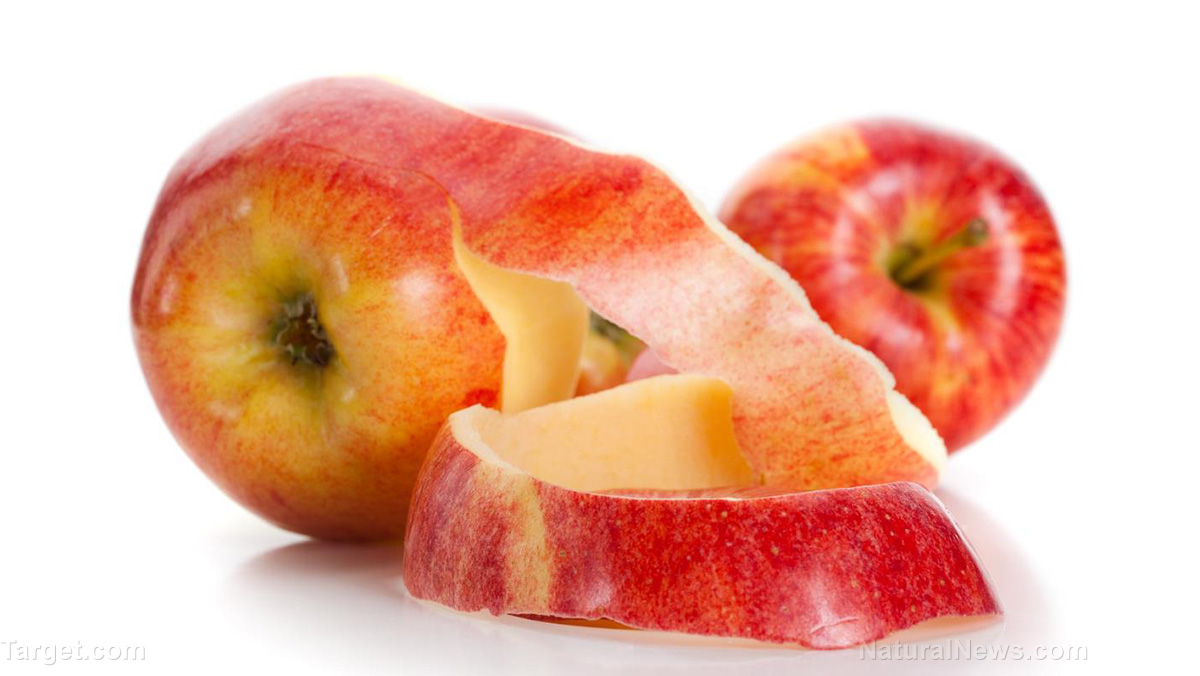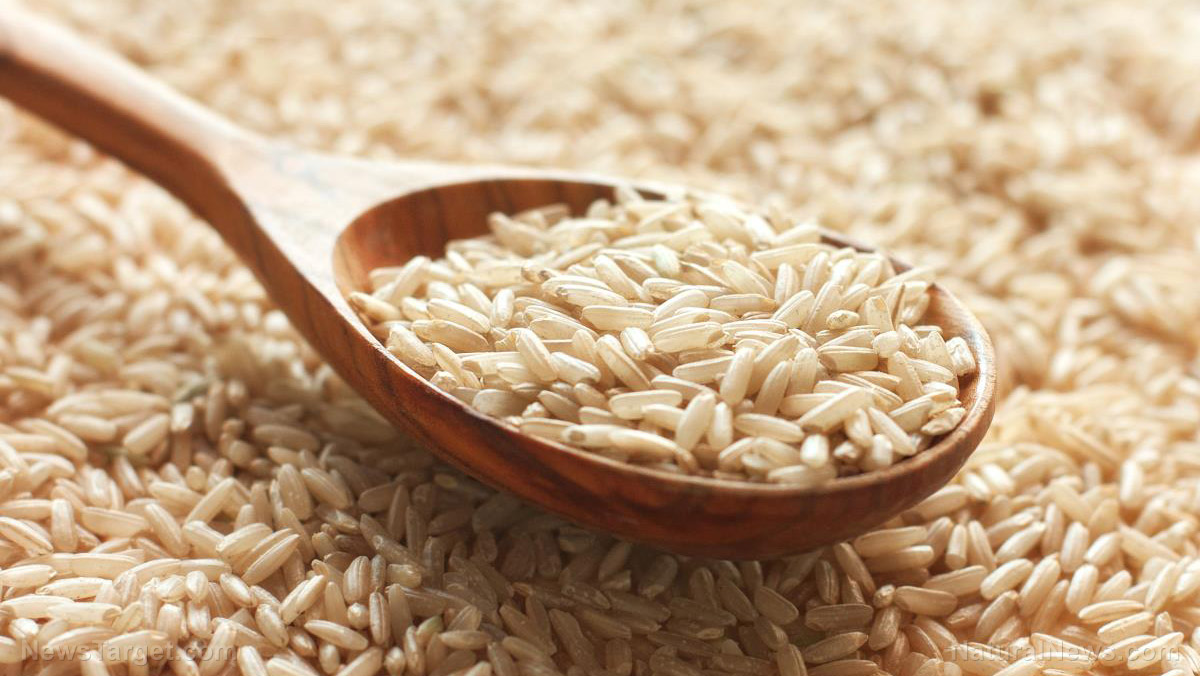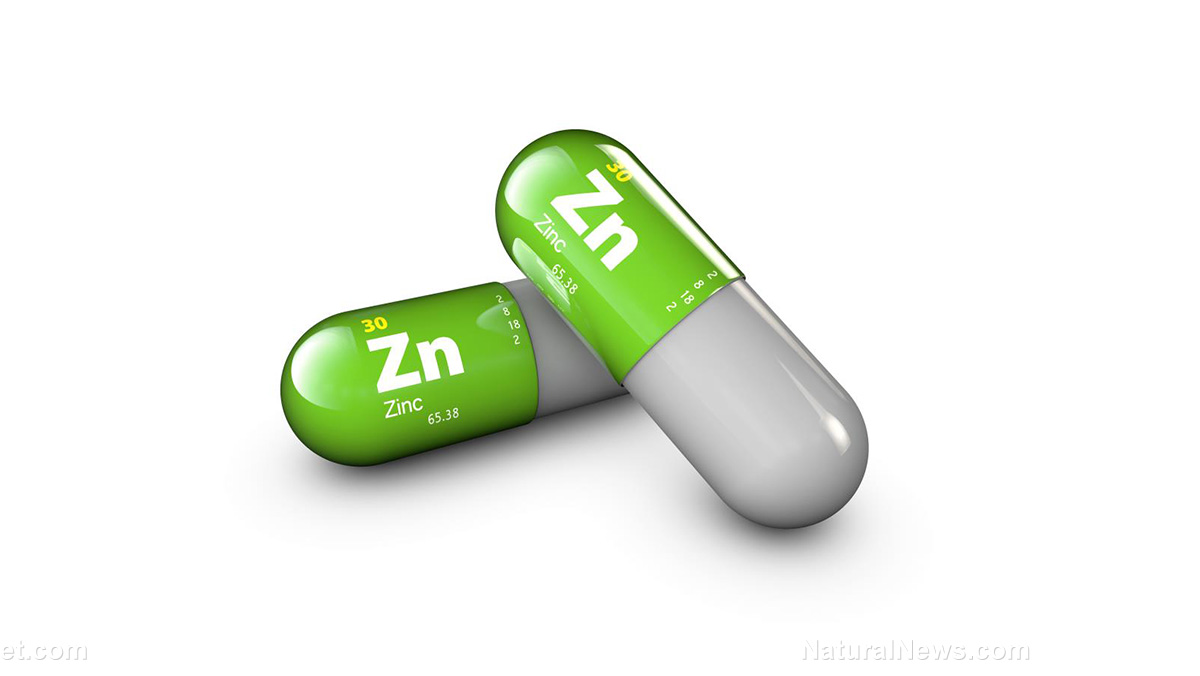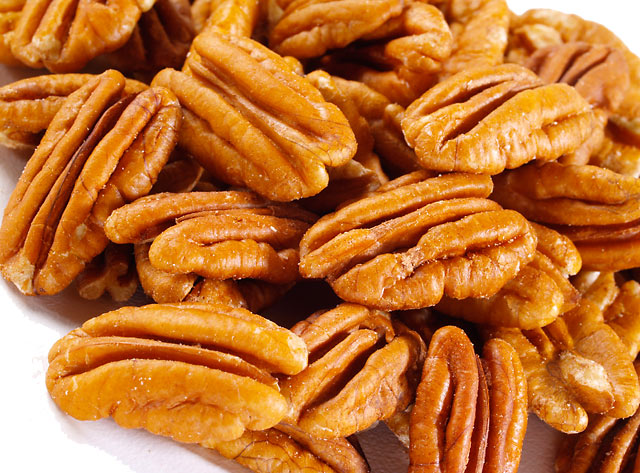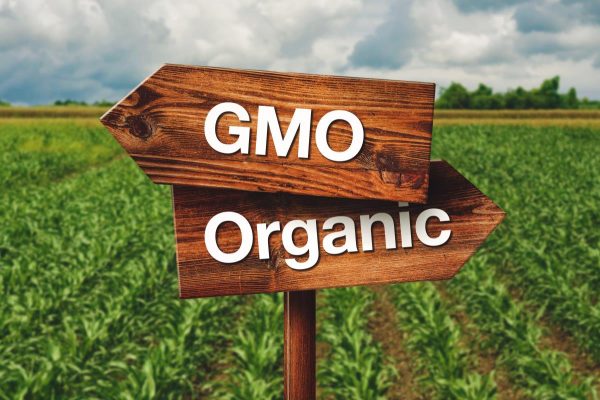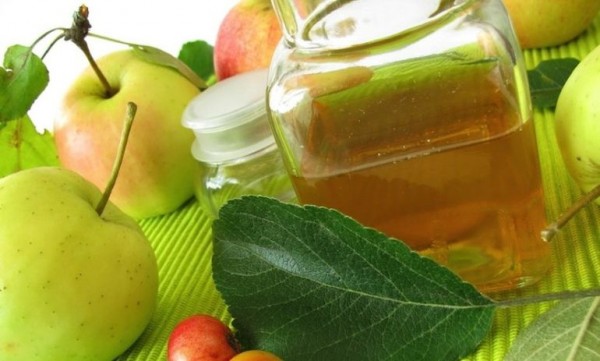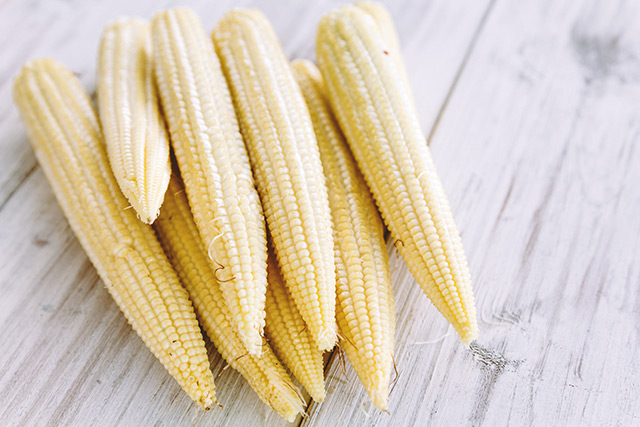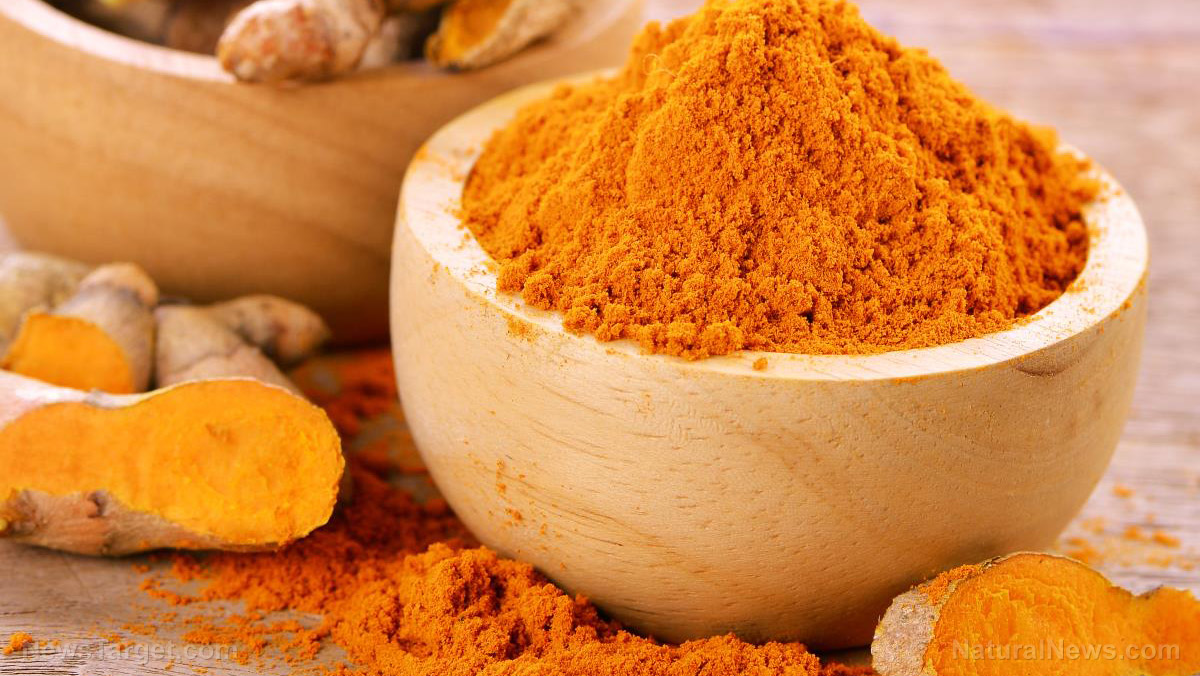Apples once again show that they can keep the doctor away. A study has found that the flavonoid-rich fruit enhances cardiovascular health and reduces the risk of disease by improving endothelial function. Just eat it with its skin for more benefits.
Past studies have shown that there is an inverse association between apple consumption and cardiovascular mortality. Endothelial dysfunction is an independent indicator of cardiovascular risk. Therefore, a team of researchers from Australia investigated whether four weeks of constantly consuming apples would enhance endothelial function and blood pressure in individuals with one or more risk factor for cardiovascular disease.
In the randomized, controlled, cross-over trial, 30 individuals with at least one cardiovascular disease risk, such as increased blood pressure, increased blood sugar, increased total cholesterol levels, or central obesity, ate either apples with skin or apple flesh only as a control. The research team assessed acute and chronic changes in blood pressure, endothelial function, arterial stiffness, and levels of plasma flavonoid metabolites, cholesterol, glucose, nitrate, and nitrite. In addition, they looked at the changes between interventions by mixed models ANOVA with adjustments for baseline.
The findings of the study revealed that endothelial function greatly improved two hours after acute consumption and after chronic consumption of apple with skin in comparison to eating apple without the skin. Yet, there were no significant changes observed in other measurements.
The researchers concluded that their study’s findings support the theory that flavonoid-rich foods prevent cardiovascular disease by enhancing endothelial function, both in the short-term and long-term consumption. (Related: Dietary flavonoids lower heart disease and stroke risk by nearly twenty percent.)
Fruits for a healthier heart
If you want to keep your heart healthy, eat more fruit. A study published in the New England Journal of Medicine found that eating more fruit may lower your chance of developing major heart disease. Fruit is believed to contain high sugar levels, which is why some people eat it sparingly. However, this study suggested that people should not worry about it.
The study authors from China recruited 512,891 adults aged 30 to 79 years from 10 different localities in China. After a follow-up, 5,173 deaths from cardiovascular disease, 2,551 incident major coronary events, 14,579 ischemic strokes, and 3,523 intracerebral hemorrhages were recorded among the 451,665 participants who did not have a record of cardiovascular disease or antihypertensive treatments at baseline.
Results showed that 18 percent of the participants reported eating fresh fruit daily. Moreover, individuals who regularly ate fresh fruit had lower systolic blood pressure and blood sugar levels as well as a 40 percent lower risk of cardiovascular death in comparison to those who never or rarely at fresh fruit.
The findings of the study are in line with several previous studies that show that increased fruit intake reduces the risk of chronic disease, such as cardiovascular disease, erectile dysfunction, some cancers, and gallbladder problems that require surgery.
“I recommend that people freely consume fresh, whole fruits as snacks—but not fruit juices, smoothies, or other fruit drinks,” said nutrition expert Dr. Thomas Campbell of the University of Rochester Medicine, who was not part of the study.
If you’d like to read more news stories and studies on the health benefits of fruits, visit Fruits.news.
Sources include:
Science.news
ScienceDirect.com
URMC.Rochester.edu

